When to Replace Your Grease Trap
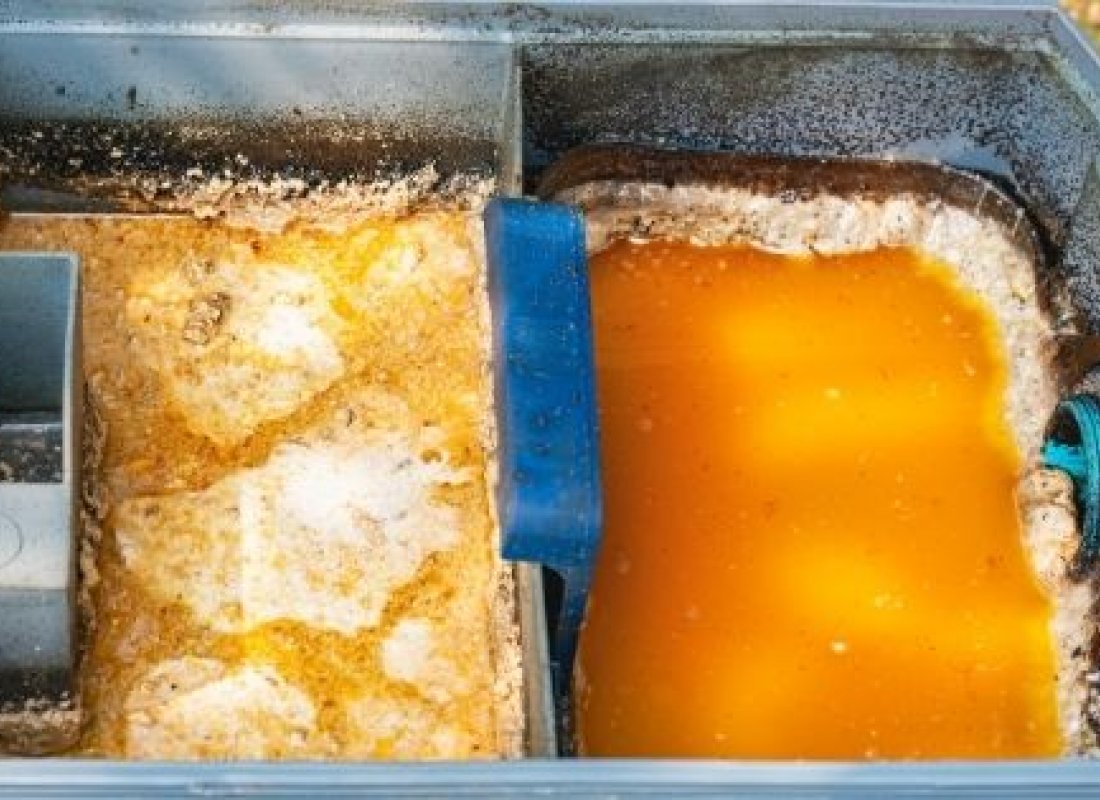
Grease could cause a serious problem for your kitchen if not disposed of well. If you throw grease into your kitchen sink, it can lead to clogged pipes and sewer lines, as well as cause sanitary sewer overflow. Luckily, there is a solution to such problems: a grease trap. A grease trap is a must-have in any food establishment. In this post, we are going over how to know when it is time to replace your grease trap. What is a Grease Trap and How Does it Function? Did you know that grease traps have been in existence since the Victorian days? That…
Common Grease Trap Problems
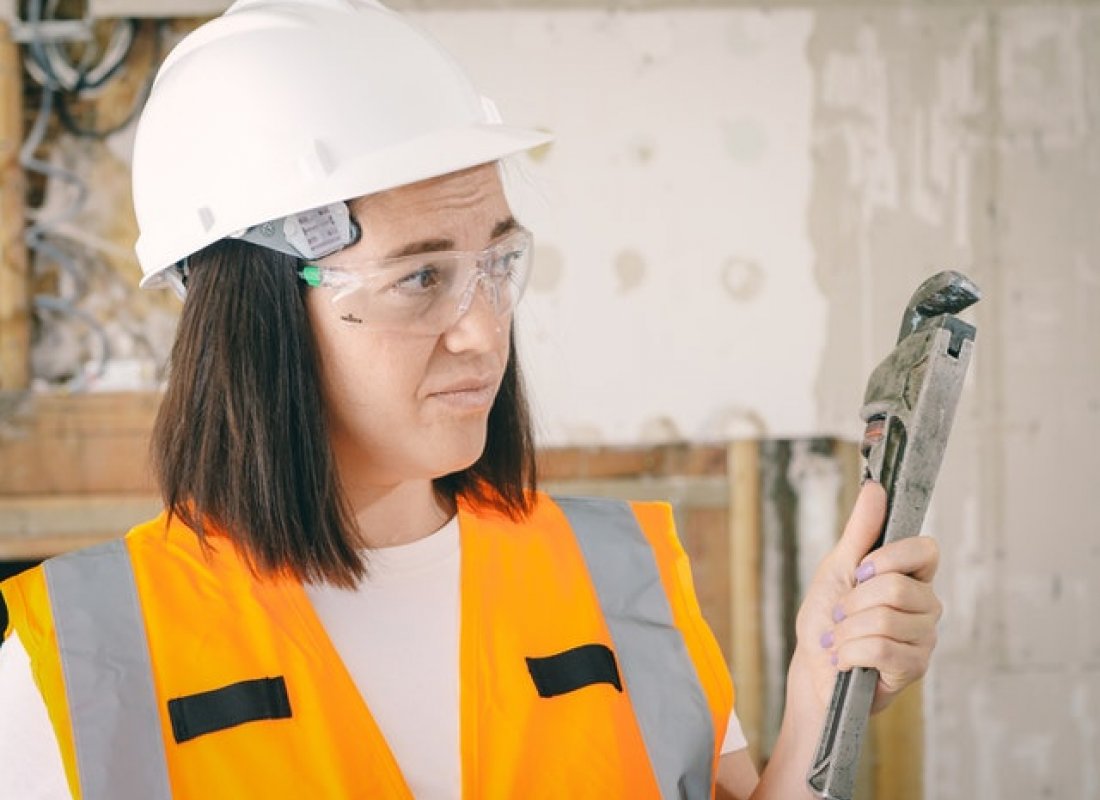
Operating a commercial kitchen, you’re likely to encounter grease trap issues. If you fail to resolve the problems behind the clogging, you could face a health code violation. This arises from an unsanitary environment. It could even lead to the closure of your business. Before that happens, it’s best to be proactive and study the usual grease trap problems. Resolving the issue ahead of time or preventing it from occurring in the first place will be beneficial to you and your business. Why are Grease Traps Necessary? The main purpose of grease …
How Much Does it Cost to Install a Grease Trap?
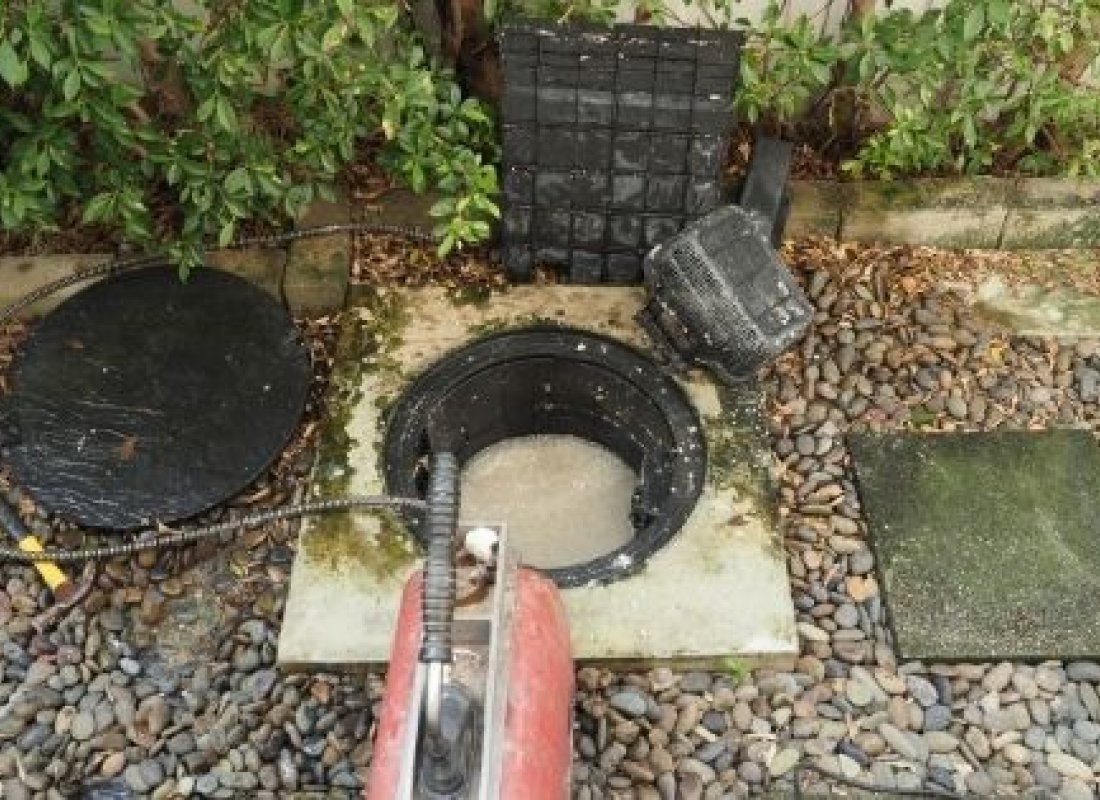
A grease trap is a necessary piece of equipment for any reputable restaurant. Not only does it keep your staff safe, but it also ensures you comply with set local requirements and provisions. Depending on your need as an establishment, you can choose from a few options in the current market. In this article, Grease Cycle is going over everything you need to know about the cost of grease trap installation. What is a Grease Trap? There are several names and phrases that are used synonymously with grease traps. Some of them include grease converte…
How to Find a Good Grease Trap Contractor
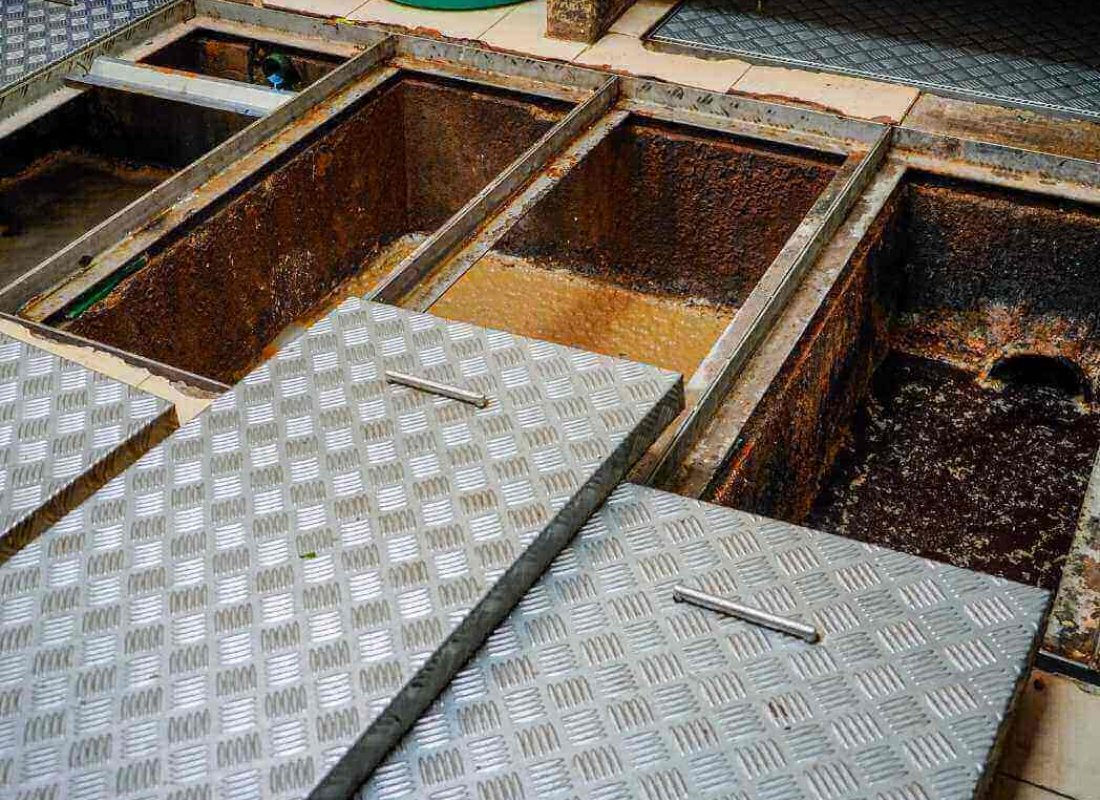
Maintaining grease traps properly is of utmost importance in order to avoid having to deal with backups, blockages, and fines. Ideally, you should pump your restaurant kitchen’s grease trap at least once a quarter. If you aren’t sure about how to do this, using a reliable and professional contractor will ensure no corners are cut and that your kitchen operates at optimum levels. Why Should You Clean Your Grease Trap Every So Often? Grease traps are an important component in any food service establishment. They help filer out FOGs (fats, oils an…
How to Deal with Grease Trap Inspections
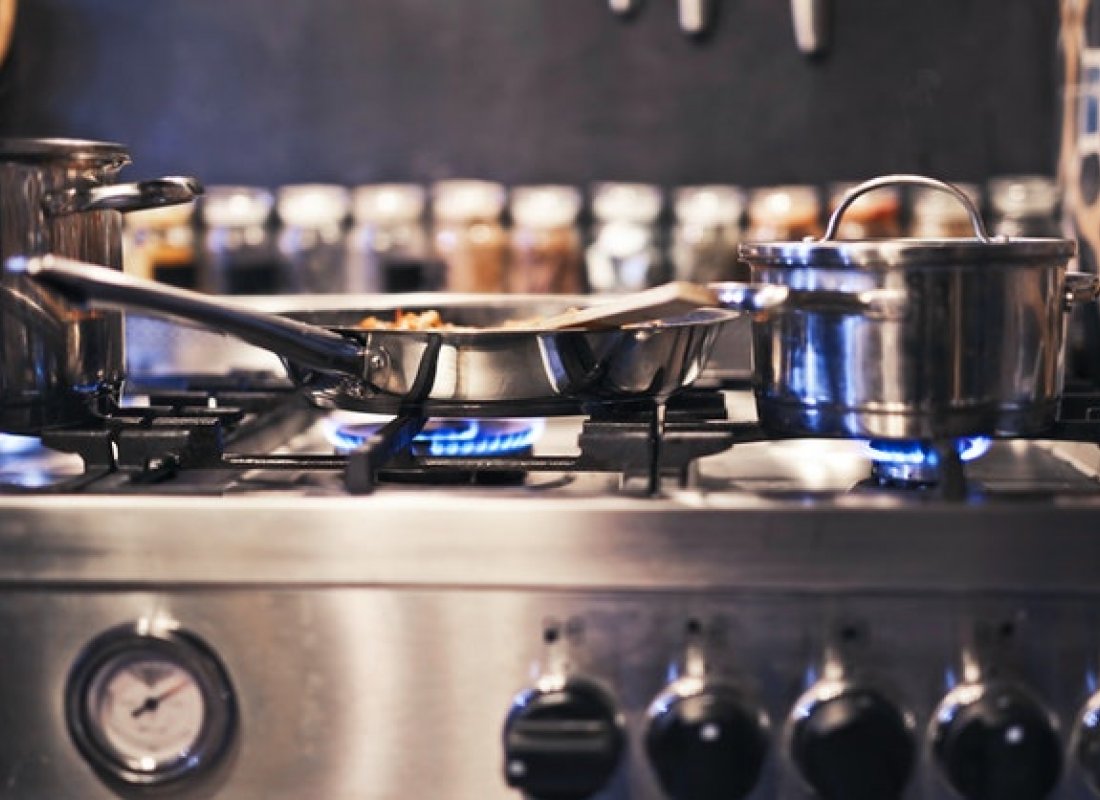
When operating a commercial kitchen, one of the chief things to pay attention to is proper handling of your cooking oil. Every aspect must be considered from its transport to storage, hygienic purposes to where the grease might end up. Discarding it down the drainage system can be hazardous to the environment and cause heavy damage on the sewer system, and result in the need for a professional inspection. As protection, commercial kitchens have turned to installing a grease trap to avoid releasing the oil, fats and grease down the drainage pi…